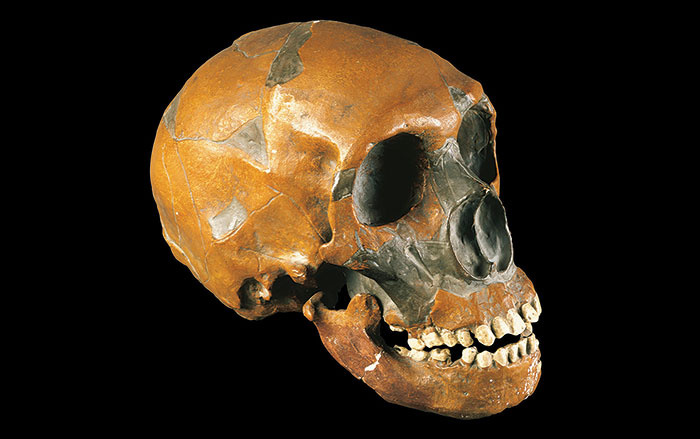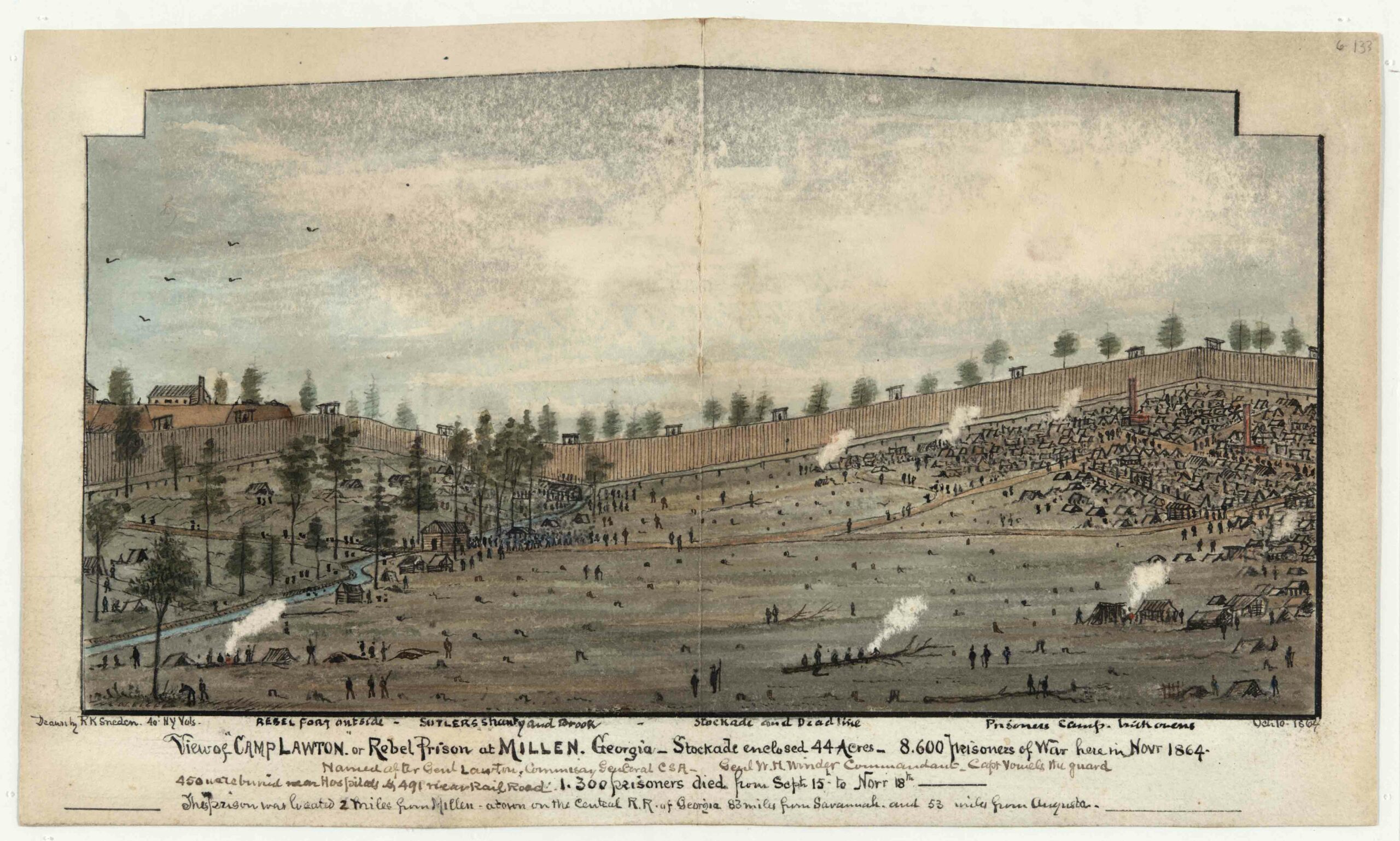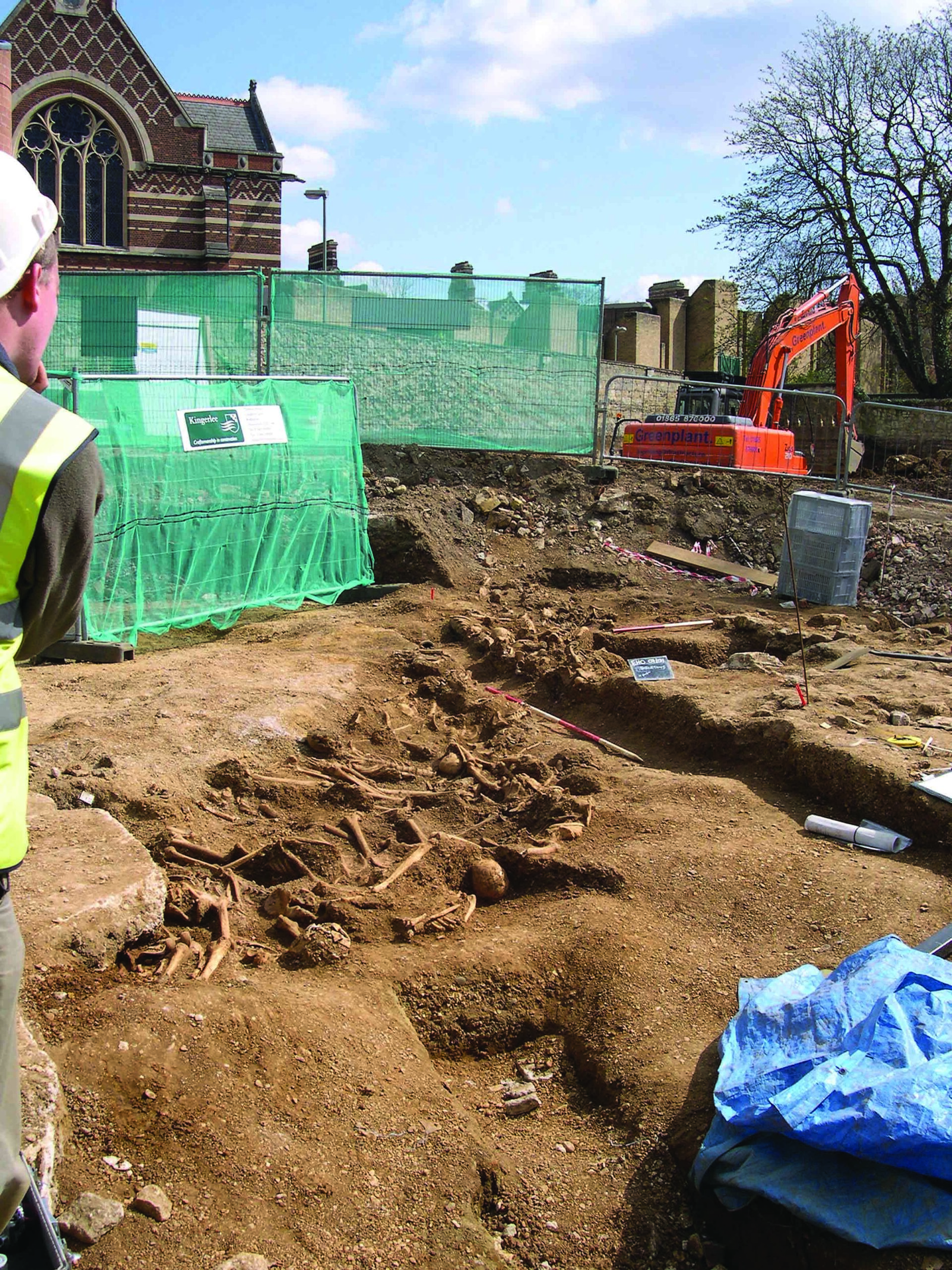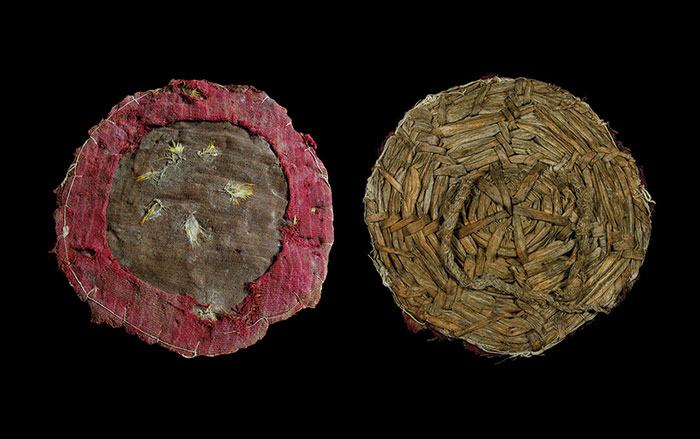
CAMBRIDGE, MASSACHUSETTS—Scientists have determined that a variation of a gene that increases the risk of a person developing type 2 diabetes by 25 percent was likely introduced into human populations by Neanderthals more than 60,000 years ago. Half of people with a recent Native American lineage, including Latin Americans, have the gene, SLC16A11, as do 20 percent of East Asians. The newly seqeuenced, high quality Neanderthal genome, taken from a female toe found in Siberia's Denisova Cave, also included the variant, and researchers say that analysis suggests that Neanderthals introduced it into the human genome when they intermixed with modern humans, after the latter left Africa 60,000 to 70,000 years ago. According to the findings from the completed Neanderthal genome, roughly two percent of the genomes of today's non-African humans are comprised of Neanderthal DNA.









